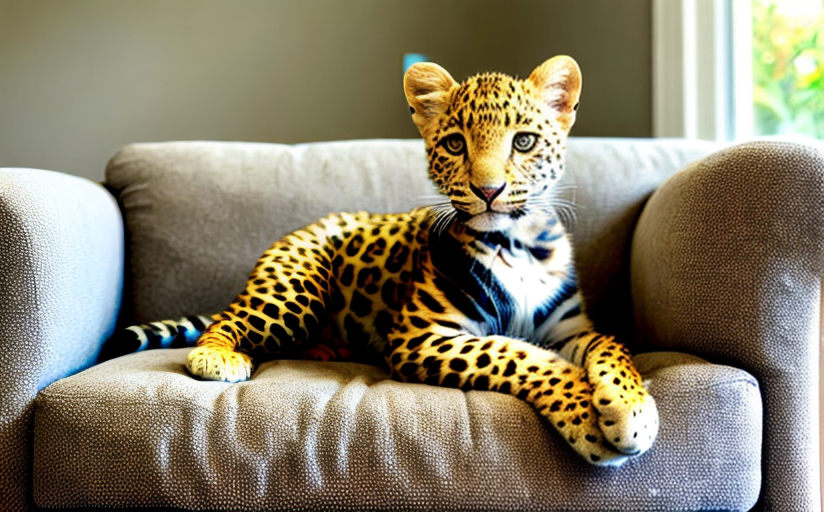The Exotic Pet Debate: An Objective Analysis
The growing trend of owning exotic pets has sparked a divisive debate globally. The issue surrounds whether it is appropriate and ethical for humans to domesticate and keep unusual or exotic animals as pets. This article aims to present a comprehensive and unbiased examination of the pros and cons of keeping exotic pets, the ecological implications, potential threats to human and animal health, and pointed ethical questions tied to animal rights.
Pros of Owning Exotic Pets
Many proponents of exotic pet ownership contend that such pets can lead to unique and enriching experiences not achievable with common domestic pets. For instance, exotic pets can provide learning opportunities about diverse species, cultivates responsibility, and may even serve as important companions. Additionally, some regulations, like the Lacey Act in the United States, allow the trade of certain non-endangered exotic animals. As such, there is an argument that regulated exotic pet trade could support conservation efforts for certain species.
Cons of Owning Exotic Pets
Dissenters, on the other hand, stress the ethical and ecological implications of such practices. A common concern is in the potential for cruelty through improper handling and care due to lack of knowledge on the unique needs of exotic species. Furthermore, there are significant public health risks— such as the potential for disease transmission including Salmonella and Monkeypox. Ecologically, the illegal pet trade contributes to the depletion of wild populations and disrupts natural biodiversity.
Legal and Regulatory Landscape
Regulation of exotic pet ownership varies worldwide. For instance, the United States has a combination of federal, state, and local laws regulating exotic pet ownership. However, enforcement can be problematic due to the large number of animals and species involved. Furthermore, implementation varies considerably across countries and even within the same country.
Animal Rights and Ethical Issues
Owing an exotic pet also raises ethical dilemmas. Animal rights organizations argue that wild animals should live in their natural habitat and not in residential homes, which often cannot meet their needs. Indeed, according to the American Society for the Prevention of Cruelty to Animals, it is often impossible to replicate the diet and living conditions that these animals require for a healthy life.
Alternatives and Solutions
Enriching public education about the risks and consequences associated with owning an exotic pet can be one effective approach. Another can be encouraging participation in wildlife conservation efforts, providing people with a way to experience and learn about these animals in their natural habitats. Lastly, stronger regulations and stricter enforcement of animal trade could diminish illegal trafficking and improper handling of exotic animals placed in homes.
This unending debate surrounding exotic pet ownership warrants balanced consideration, weighing the potential positives against the negatives, all while keeping the wellbeing of the animals at the forefront.



















Comments
Leave a Comment